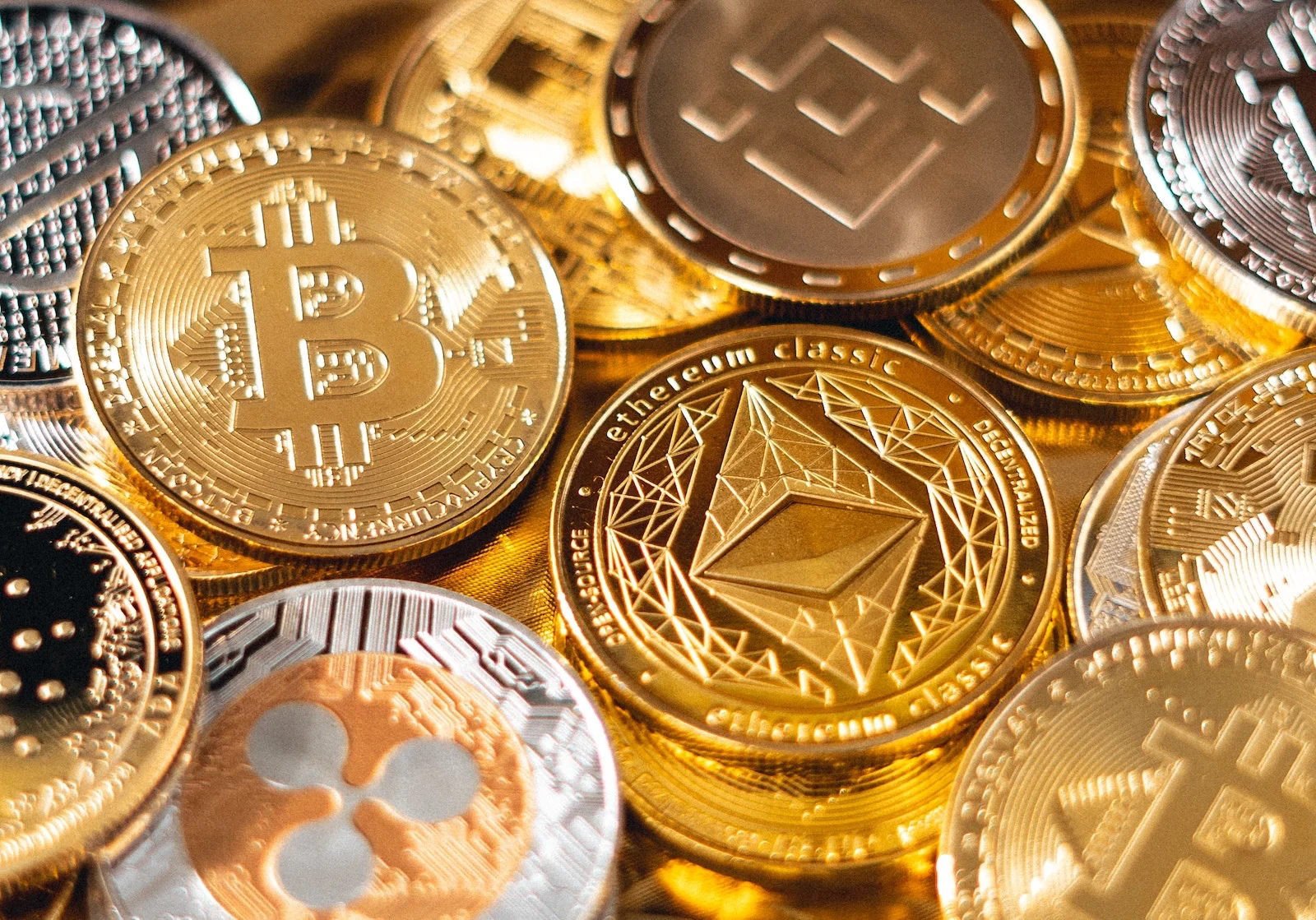Determine which cryptocurrency is the best for you. We explore top cryptocurrencies, evaluating their strengths, and potential for investors.
With the plethora of cryptocurrencies available in today’s digital economy, a common question emerges: Which cryptocurrency is the best? The answer isn’t as straightforward as you might expect. The “best” cryptocurrency is subjective and relies on several factors, such as individual investment goals, risk tolerance, market sentiment, and more. In this comprehensive exploration, we will analyze some of the top contenders in the cryptocurrency market, focusing on their distinctive features, their strengths, and challenges.
Determining the Best Cryptocurrency: Key Considerations
To determine which cryptocurrency is the best, we must first establish the evaluation criteria. Here are some fundamental aspects to consider:
- Security: The security of the cryptocurrency’s underlying blockchain technology is paramount. It should provide resistance against potential attacks.
- Scalability: Scalability refers to the network’s ability to handle a significant volume of transactions without compromising speed or incurring high costs.
- Usability: A cryptocurrency should have real-world utility. It could be used for transactions, powering a platform, or enabling specific applications.
- Community: A strong user and development community often indicates a healthy and vibrant ecosystem that can support the cryptocurrency over the long term.
- Market Capitalization: The total value of all the coins or tokens of a cryptocurrency, known as its market cap, can provide an insight into its size and stability.
With these parameters in mind, let’s dive into the discussion of which cryptocurrency is the best.

Bitcoin (BTC): The Pioneer
When exploring the question, “which cryptocurrency is the best?” it’s impossible to overlook Bitcoin. As the first and most prominent cryptocurrency, Bitcoin enjoys the highest market capitalization and extensive acceptance across global markets. It’s often perceived as digital gold, acting as a store of value. Yet, Bitcoin has faced criticism for its scalability issues and energy-intensive mining process.
Ethereum (ETH): More than a Cryptocurrency
Ethereum broadens the scope of blockchain technology by not just offering a cryptocurrency, Ether, but also providing a platform for building decentralized applications (DApps). Ethereum has proven its potential time and again, particularly with the transition to Ethereum 2.0, which promises improved scalability and energy efficiency. Nonetheless, Ethereum faces competition from emerging smart contract platforms.
XRP: Revolutionizing Cross-Border Transactions
Ripple, with its digital payment protocol and the associated digital token XRP, has aimed to revolutionize cross-border transactions. Its technology allows for fast and low-cost international money transfers, providing significant utility in the global remittances market. It’s essential to note that Ripple won a court case against the U.S. SEC and XRP was declared not to be a security, being the first cryptocurrency in the world to get such clarity.
Binance Coin (BNB): A Utility Token Powerhouse
Binance Coin, the native currency of the Binance exchange, has exhibited impressive growth. Its utility within the Binance ecosystem, which includes paying for transaction fees and participating in token sales, adds to its value. The cryptocurrency’s potential is closely tied to the success of the Binance platform.
Cardano (ADA): A Scientific Approach
Cardano, known for its rigorous, academic, and methodical approach, stands out in the crypto space. The project aims to achieve a harmonious balance between user needs and regulatory requirements. Its recent introduction of smart contracts has bolstered its standing in the crypto community.
Polkadot (DOT): Interconnecting Blockchains
Polkadot’s primary goal is to enable interoperability between multiple blockchains, essentially creating a network of interconnected chains. This quality can be transformative, allowing for complex applications and functionalities that leverage different blockchain technologies.
Chainlink (LINK): Bridging On-Chain and Off-Chain Worlds
Chainlink is not a traditional cryptocurrency but a decentralized oracle network that helps smart contracts interact with real-world data. Its role in the DeFi (Decentralized Finance) space is vital, making it a critical player in the broader crypto ecosystem.
Which Cryptocurrency is the Best? A Subjective Question
As we’ve explored, the answer to which cryptocurrency is the best is subjective. It varies based on an individual’s investment objectives, risk appetite, and market understanding. For instance, risk-averse investors might lean towards more established cryptocurrencies like Bitcoin, XRP or Ethereum. In contrast, those with a higher risk tolerance might look to high-growth, newer cryptocurrencies like Polkadot or Chainlink.
Investing in cryptocurrency necessitates a strong understanding of the market, diligent research, and sometimes, a bit of luck. The crypto market, while promising, remains young and volatile.
In conclusion, the question of “which cryptocurrency is the best?” has no single correct answer. The crucial part is understanding your investment goals, doing thorough research, and making educated decisions.